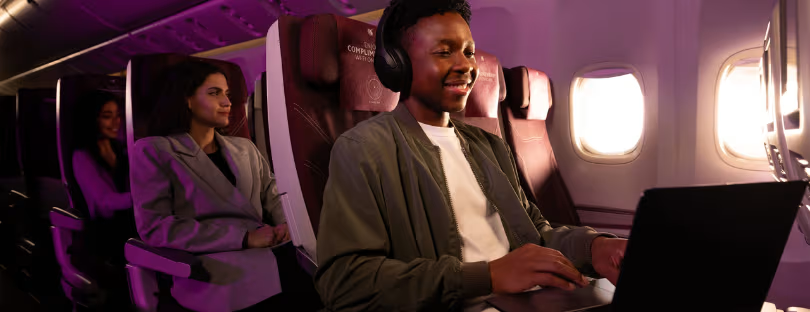
The Application of Nanotechnology in Travel
Nanotechnology, the manipulation of matter at the atomic and molecular scale, holds immense potential across various sectors, including travel.
From enhancing materials used in travel to improving health and hygiene, nanotechnology promises to transform various aspects of the travel experience.
Nanomaterials in Travel Gear Nanotechnology in Travel
One of the most noticeable applications of nanotechnology in travel is in the production of travel gear. Nanomaterials can be designed to have superior properties, such as being lightweight, durable, or resistant to water and stains. For example, luggage made from nanocomposites can be both lighter and more durable, making travel more convenient.
Health and Hygiene Applications
Nanotechnology also holds promise in enhancing health and hygiene in travel, especially relevant in the post-pandemic era. Nanoparticles can be used in air filters and surface coatings to eliminate harmful viruses and bacteria. In the airline industry, for instance, nanotechnology can help create a safer and healthier environment for travelers.
Energy Efficiency and Sustainability
With the increasing emphasis on sustainability in traveI, nanotechnology could play a significant role in developing more energy-efficient transport modes. For example, nano-enhanced materials can reduce the weight of vehicles, leading to lower fuel consumption and emissions.
Future Perspectives and Challenges
The potential of nanotechnology in traveI is vast. In the future, we might see nanobots used for tasks like personal health monitoring or even repairing damaged infrastructure.
However, the application of nanotechnology also raises potential concerns, particularly related to health and environmental impact. Therefore, it’s essential to progress with careful scientific research and responsible application of this promising technology.









